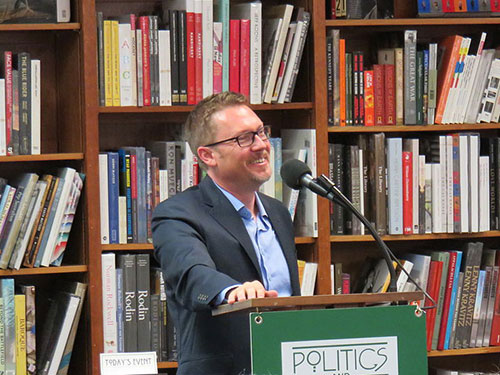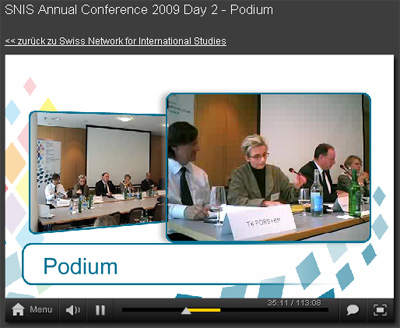
This article was originally published by E-International Relations on 20 July 2017.
What can one say about the academic study of violent conflict and its implications for the practice of peacebuilding? There is no reason to assume a necessary relationship between these two spheres of activity; the study of armed conflict may or may not have any practical significance for peacebuilding. Of course many scholars in this field are motivated in part by the hope and expectation that their findings will make a contribution, however slight, to the building and maintenance of peace. The editors of Journal of Peace Research articulated this same expectation when, in the inaugural issue of the journal some 50 years ago, they expressed the view that ‘[p]eace research should … concern itself with [the] reduction of violence and [the] promotion of integration.…and should, preferably, have relevance for peace policy’ (Editorial 1964, 2,4). There are two aspects to this question: one is the relationship between the study of war and the study of peace, which other scholars have addressed (Gledhill and Bright 2017); the other is the relationship between the study of war and the practice of peacebuilding. This essay is concerned with the latter aspect and, more specifically, with how the academic study of armed conflict may be able to further enrich the practice of peacebuilding.




